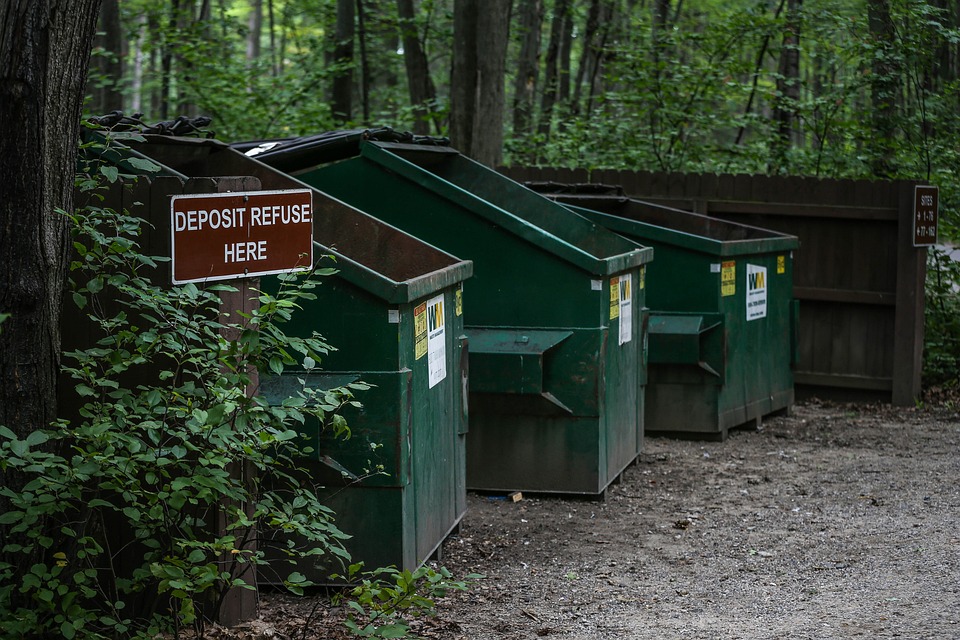Table of Contents
Introduction
What is Cowboy Camping?
Cowboy camping is a minimalist approach to camping where you forego the traditional tent and sleep directly under the open night sky.
It is a practice often associated with cowboys and adventurers who want to immerse themselves in nature without the distractions of modern camping gear.
Benefits of Cowboy Camping
1. Connection with nature: Cowboy camping allows you to truly experience the sights, sounds, and smells of the great outdoors.
Sleeping under the stars provides a sense of awe and connection with the natural world.
2. Simplicity: By ditching the tent, you eliminate the need for complicated setup and take-down procedures.
Cowboy camping can be as simple as finding a comfortable spot, rolling out your sleeping bag or bedroll, and gazing up at the sky.
3. Cost-effective: Without the need for a tent, you can save money on expensive camping gear.
Cowboy camping requires minimal equipment, making it a great option for those on a budget.
4. Mobility: Traveling light is a key aspect of cowboy camping.
Whether you are on a multi-day hiking trip or exploring new territories, the lack of a tent allows you to move more freely and cover greater distances without the burden of additional weight.
Preparing for Cowboy Camping
1. Research the location: Before heading out, familiarize yourself with the rules and regulations of the area you plan to camp in.
Some places may have restrictions on cowboy camping or specific guidelines to follow.
2. Weather considerations: Check the weather forecast for the duration of your camping trip to ensure you are prepared for any changes in conditions.
Bring appropriate clothing and gear to stay comfortable.
3. Sleeping essentials: Even though you won’t have a tent, it’s important to have a comfortable sleeping setup.
Invest in a quality sleeping bag or bedroll that suits the weather and terrain of your chosen camping spot.
You could also consider bringing a tarp or groundsheet to provide an extra layer of protection against the elements.
4. Safety precautions: Carry a reliable flashlight or headlamp for navigation during the night.
Ensure you have a sturdy bug repellent and proper first aid supplies in case of any emergencies.
Additionally, let someone know about your camping plans and expected return date.
Choosing the Right Spot
1. Level ground: Look for a flat and even surface to set up your sleeping area.
This will ensure a more comfortable night’s sleep and prevent sliding during the night.
2. Clear the area: Before settling down, clear the ground of any debris, rocks, or sharp objects that could cause discomfort or puncture your sleeping setup.
3. Consider natural features: Natural elements like trees or boulders can provide additional shelter and privacy.
Choose a spot that offers the desired level of exposure to wind and sunlight.
4. Leave no trace: As with any form of camping, practice Leave No Trace principles by not damaging the environment and properly disposing of waste.
Cowboy Camping Tips
1. Carry a bug net: Insect repellents may not always be enough, so consider bringing a lightweight bug net to keep pesky insects at bay while you sleep.
2. Use a sleeping pad: A sleeping pad can offer extra insulation and cushioning, making your night’s sleep more comfortable.
3. Be mindful of wildlife: Remember, you are sleeping in their habitat.
Store food securely and respect the wildlife by observing from a safe distance.
4. Embrace the experience: Cowboy camping is a unique opportunity to disconnect from the distractions of technology and truly immerse yourself in the beauty of nature.
Embrace the simple pleasures and enjoy the solitude.
What if the weather turns bad?
If the weather takes a turn for the worse, it’s important to be prepared.
Always check the weather forecast before your camping trip and pack appropriate rain gear or seek shelter if necessary.
How can I protect myself from insects?
While cowboy camping, insects can be a potential annoyance.
Make sure to use effective insect repellents and consider using a bug net for added protection while sleeping.
Is cowboy camping safe?
With proper preparation and caution, cowboy camping can be safe.
However, it’s important to be aware of your surroundings, follow safety guidelines, and take necessary precautions to avoid any unexpected incidents.





